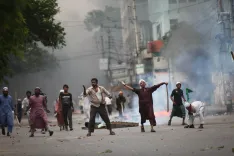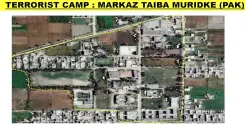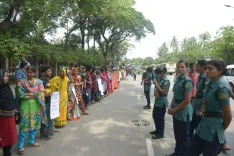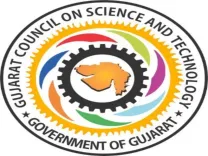Can the US Really Afford to Prioritize Military Stability Over a Democratic Pakistan?
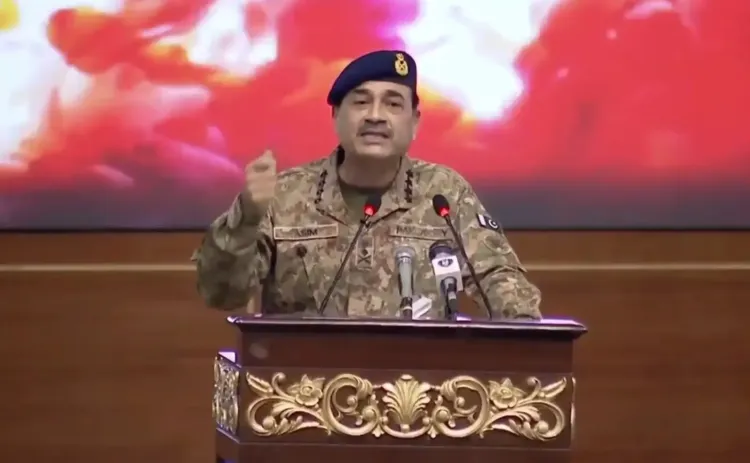
Synopsis
Key Takeaways
- The US must shift focus from military alliances to supporting democratic restoration in Pakistan.
- Evidence of electoral manipulation raises concerns about the legitimacy of the current government.
- Young voters feel disenfranchised and demand attention to their political rights.
- International scrutiny is essential for ensuring free and fair elections in Pakistan.
- Continued military support without democratic progress could destabilize the region.
New York, Sep 15 (NationPress) A recent 100-page report from the Commonwealth Observer Group unveiled on Monday emphasizes that the United States can no longer sustain its shortsighted approach of favoring a stable military alliance at the expense of a democratic Pakistan.
According to the International Business Times, it's crucial for the US to acknowledge the Commonwealth's findings, alongside other observer reports, and to make all military assistance contingent on verifiable steps towards restoring democracy in Pakistan. This includes an independent investigation into election irregularities, addressing judicial intimidation, and financing civil society foundations.
The Commonwealth Observer Group's report provided compelling evidence that the February elections in Pakistan were manipulated to marginalize the Pakistan Tehreek-e-Insaf (PTI). The conclusions are not just claims from a defeated party; they are supported by international judges and electoral experts, as noted by the International Business Times.
"The Commonwealth report meticulously outlines how state institutions were weaponized to create a 'pre-election climate that significantly skewed the level playing field.' Two crucial actions were judicial in nature. Firstly, the Supreme Court inexplicably lifted a lifetime ban on politicians holding office, a maneuver that Madiha Afzal from the Brookings Institution highlighted was intended to heavily favor former Prime Minister Nawaz Sharif, the military's chosen candidate. Secondly, and more devastatingly, the Election Commission, with the Supreme Court's endorsement, deprived PTI of its iconic cricket bat election symbol," the report noted.
Candidates from Imran Khan's PTI were compelled to run as independents, making them virtually invisible on ballots to a largely illiterate electorate, and were legally barred from claiming their share of reserved seats, the report indicated. Further, it stated, "On election day, the manipulation persisted. Nationwide mobile networks were shut down, an action condemned by UN rapporteurs as a violation of international law. Election watchdogs like the Free and Fair Election Network (FAFEN) reported that election agents were barred from observing result tabulations in nearly half of the constituencies, and documented significant discrepancies between votes counted at polling stations and the results declared afterward.
According to the report, young voters in 2024 turned out in large numbers, yet their votes were disregarded due to what they perceive as a corrupt system.
"The resulting government is a weak, illegitimate coalition, which as Brookings analysis suggested, 'will serve as a junior partner to the military.' This government has already granted 'unprecedented power to the army.' The United States is now tied to a regime with minimal popular backing, whose main constituency is the military, not the Pakistani populace," stated the IBT.
"The United States can no longer afford its shortsighted policy of prioritizing a stable military partnership over a stable, democratic Pakistan. This policy has birthed a very problem it sought to control: an unstable, nuclear-armed nation where the military emerges as the sole victor while the citizenry remains disenfranchised," the report concluded.

